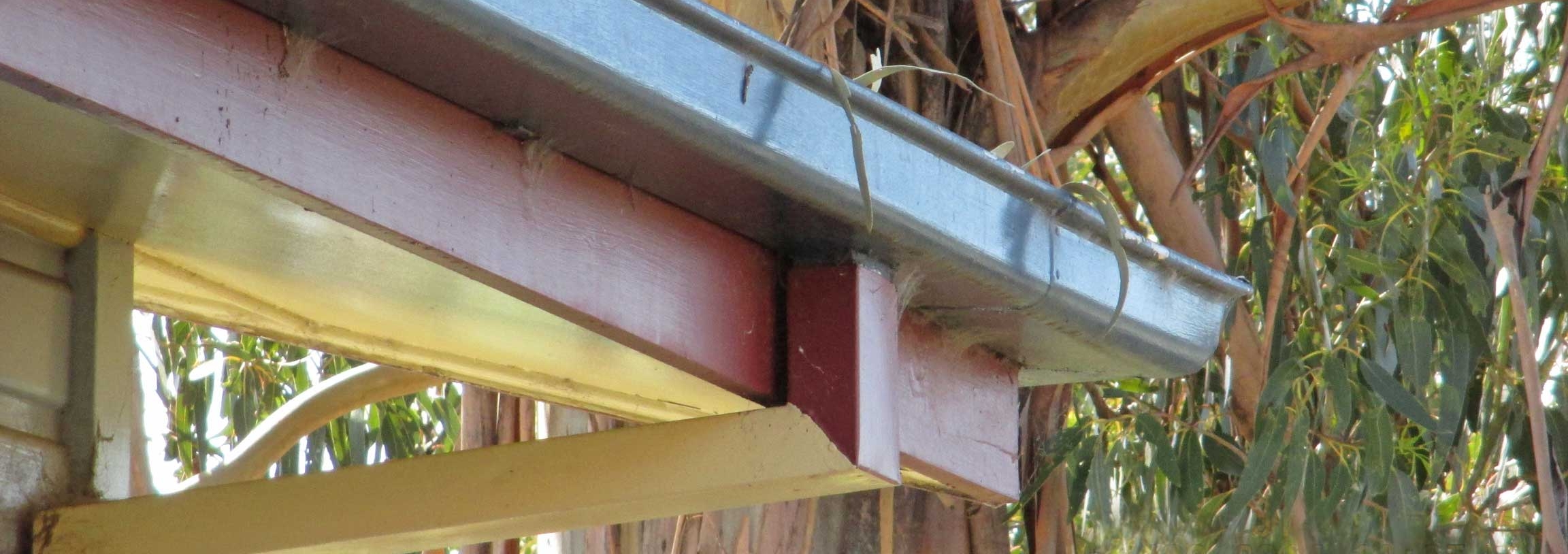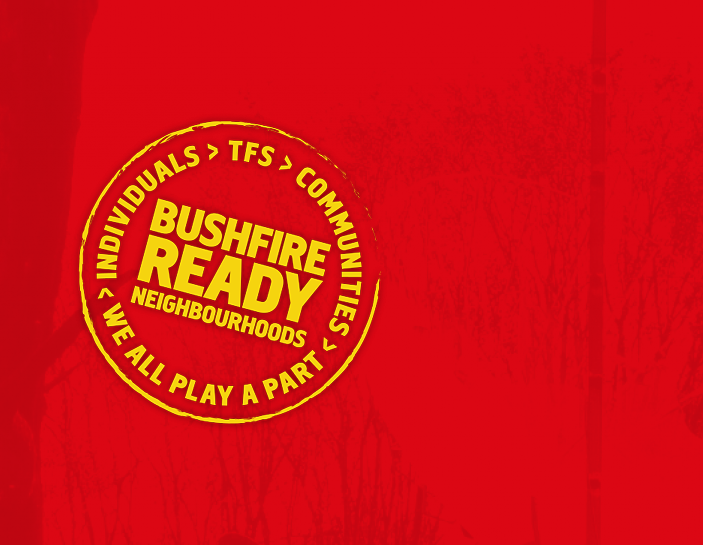Communicating Bushfire Preparations in Winter

Communicating Bushfire Preparations in Winter
To say it’s been a turbulent few months is an understatement and we’re all very unsure of the immediate future, but one thing we can be sure of is the oncoming bushfire season. COVID-19 or not, we will have a bushfire season and now
is the time for community engagement with residents on their bushfire preparedness, both personal and property.
Let’s look at some of the areas you can concentrate on to get started on your preparations.
Bushfire Survival Plan: Planning is a fundamental element of your bushfire preparations. You should create a written plan that includes things such as:
- Where will you go if you must evacuate? A friend’s home or Nearby Safer Place?
- How are you going to get there? You need more than one route if possible.
- What items are you going to take with you, identification, medicines, cloths, etc?
- When will you leave? What are your triggers to evacuate?
- Are you going to stay and defend? If so, what equipment will you need?
- Consider how you will determine when it’s safe to stay and defend or when it becomes unsafe. What will your next steps be?
- Practice your plan. Take a drive to your planned safer area to see how long it takes to get there. This will help if the time comes to leave.
- Pets should be included in your plan. Is your safe area suitable for your pets too?
- Livestock and larger animals such as horses also need to be considered. How long will it take you to move your animals to safety?
Ember Proofing: Your home is a valuable asset and you can undertake many jobs around your home to help improve your bushfire safety and protect you from ember attack.
- Wall vents can be covered with metal fly wire. but never seal the vents totally.
- Ridge cappings are a constant problem and can be sealed using wire or silicon.
- Gaps around windows and doors can also be sealed with silicon.
- Elevated decks and floors collect lots of debris this time of year so its handy to clear out grass and leaves and unwanted growth from these areas. If possible, consider filling in below the floor line with metal fly screen wire.
- Keep your roof gutters clean.
Equipment: If you live in a rural setting, it’s a good idea to have some firefighting equipment to help protect your ember proofed home. Type and amount depend on what you are intending to defend, so think about the need for a petrol-powered pump and some hoses, and obviously, a good water supply.
- If you already have a pump, then consider having it serviced, or at least test run it to ensure it’s going to work when you need it. Remember to attach your hoses and test them to ensure they are still in operational condition. Clean the hose nozzle, as these can collect debris and insects which block the holes and prevent water from flowing properly.
- Spot fires can be extinguished with a wet beater and a simple floor mop is a great option. These are economical and easy to obtain along with some large 10 or 20 litre buckets. Have several of them ready to use when the time comes.
Protective clothing: This is essential if you’re going to stay and defend. Consider the items you might need:
- Cotton or other fire rated clothing, overalls or jeans. Never wear synthetics if you’re defending
- Wide brim hat
- P2 dust masks
- Gloves
- Goggles or glasses
- Solid boots
- First aid kit with suitable supplies.
Even though it may be cold outside, frosty, raining, this is
a perfect time to carry out some of these preparations. This way you won’t need to do everything when fire season starts. When you are threatened by bushfire, it’s too late to plan. As the old saying goes, “If you fail to plan, you plan to fail”.
Bushfire Survival Plan templates are available online here.
Browse the Bushfire-Ready Neighbourhoods site for a wide range of resources that will help you be fire safe fire.tas.gov.au/brn.
David Cleaver, Community Development Officer, North


